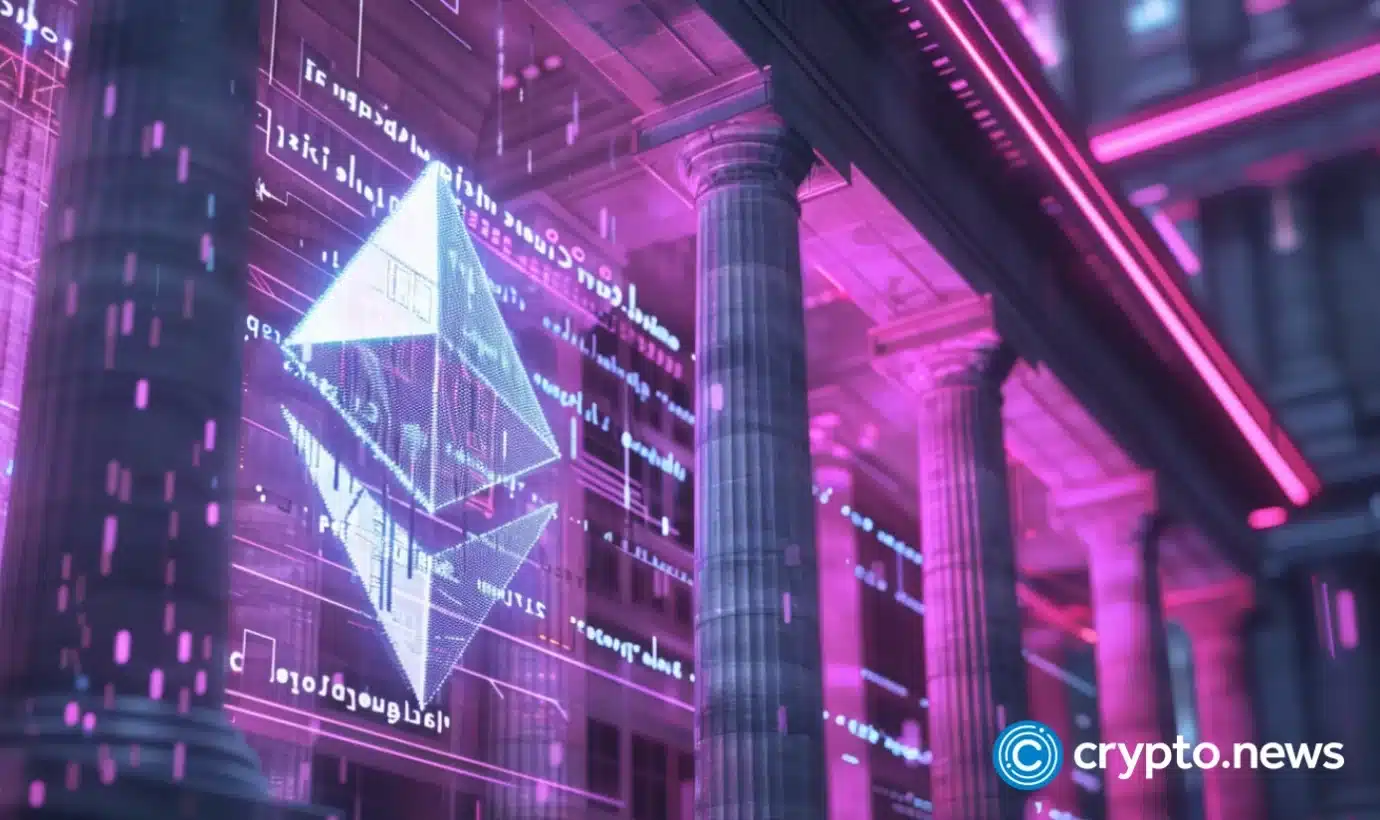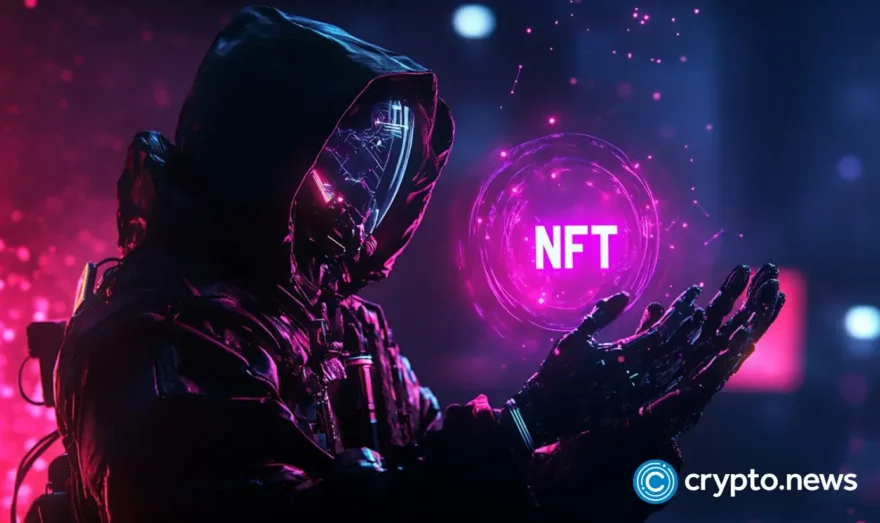New EEA handbook to address regulatory ambiguity in DeFi laws

The Enterprise Ethereum Alliance (EEA) has launched a comprehensive DeFi Risk Assessment Guidelines handbook aimed at demystifying the complexities and regulatory uncertainties surrounding decentralized finance (DeFi).
Though the initiative from the EEA primarily aims to foster innovation in the DeFi space and address concerns over potentially restrictive legislation from global regulators.
The newly released guidelines delve into the intricacies of DeFi operations, offering detailed insights on how to evaluate, manage, and mitigate various risks. This resource arrives at a critical time, with the EEA highlighting a significant void in consistent accounting standards and regulatory guidance, particularly evident in frameworks like the EU’s Markets in Crypto-Assets regulations.
“There is still a lot of regulatory uncertainty around ‘boring’ accounting issues, about securities regulation, and so on because regulators are still learning about the [DeFi] space,” Charles Nevile, Director of Technical Programs at EEA, told crypto.news.
These guidelines aim to equip DeFi protocols with tools to proactively engage with compliance requirements and establish industry-supported best practices for risk assessment. Furthermore, they are designed to aid DeFi developers in demonstrating due diligence in a landscape where detailed regulatory mandates are scarce. Amid mounting pressure from regulators and policymakers threatening with anti-crypto legislation and enforcement actions, the EEA’s guidelines cover extensive ground.
Topics range from governance and tokenomics to software issues, liquidity, and compliance with regulatory and external market factors. They also address specific challenges in software components like oracles, smart contracts, and bridges, focusing on security and interoperability. For practical application, the guidelines outline best practices for risk management such as user education, bug bounty programs, stress tests, security updates, and data encryption. An extensive glossary of DeFi-related terms is included to assist newcomers in navigating the sector’s complex jargon.
In addition to aiding developers, the guidelines serve as a reference framework for regulators and licensing authorities, already influencing licensing requirements at the Abu Dhabi Global Market (ADGM) and being included in the EU’s Sandbox program use cases.
Nevile also noted the importance of regulatory involvement in DeFi development. “The best way for this to happen is for regulators to participate alongside industry members in the multi-stakeholder development approach,” he stated.
The guidelines have drawn support from a diverse group of EEA board members, including crypto industry leaders from Consensys and the Ethereum Foundation, as well as major corporate entities like JP Morgan, Santander, and Microsoft.
The EEA has stated that its guidelines will be applicable to both non-crypto firms and regulatory bodies. Additionally, these guidelines are crucial for financial institutions evaluating investment risks. Dyma Budorin, co-chair of the EEA’s DRAMA working group and CEO of Hacken, emphasized the utility of the guidelines for traditional financial institutions cautious about entering the DeFi space.
“They don’t know what DeFi risks are, and that’s why they don’t step into DeFi,” Dyma Budorin, co-chair of the EEA’s DRAMA working group and CEO of blockchain security firm Hacken, noted in a statement to crypto.news. “DeFi protocols that plan to cooperate with old money can use the DeFi Risk Assessment Guidelines as best practice references,” Budorin added.
As major traditional finance firms increasingly adopt DeFi, the relevance of the EEA’s guidelines is underscored. Notably, BlackRock launched its inaugural tokenized fund on Ethereum this year, signaling a significant step into DeFi by a leading global asset manager.
Similarly, financial giants such as JP Morgan, Goldman Sachs, and HSBC are actively exploring DeFi through tokenization, further integrating blockchain technologies into their operations. To keep pace with these advancements, the EEA intends to continue its oversight through the Working Group, ensuring the guidelines evolve in response to new developments and feedback from users. This iterative process aims to refine and enhance the guidelines to better serve the industry.
A recent security incident on July 16 involving the Arcadia Finance protocol underscores the critical need for robust DeFi risk assessment and the implementation of preventative measures. In this breach, hackers targeted a specific contract address, extracting over $455,000 in various cryptocurrencies, which were subsequently laundered through the Ethereum-based mixing service Tornado Cash. The incident highlighted the persistent security vulnerabilities within DeFi protocols, reinforcing the importance of comprehensive risk management strategies as advocated by the EEA’s guidelines.














